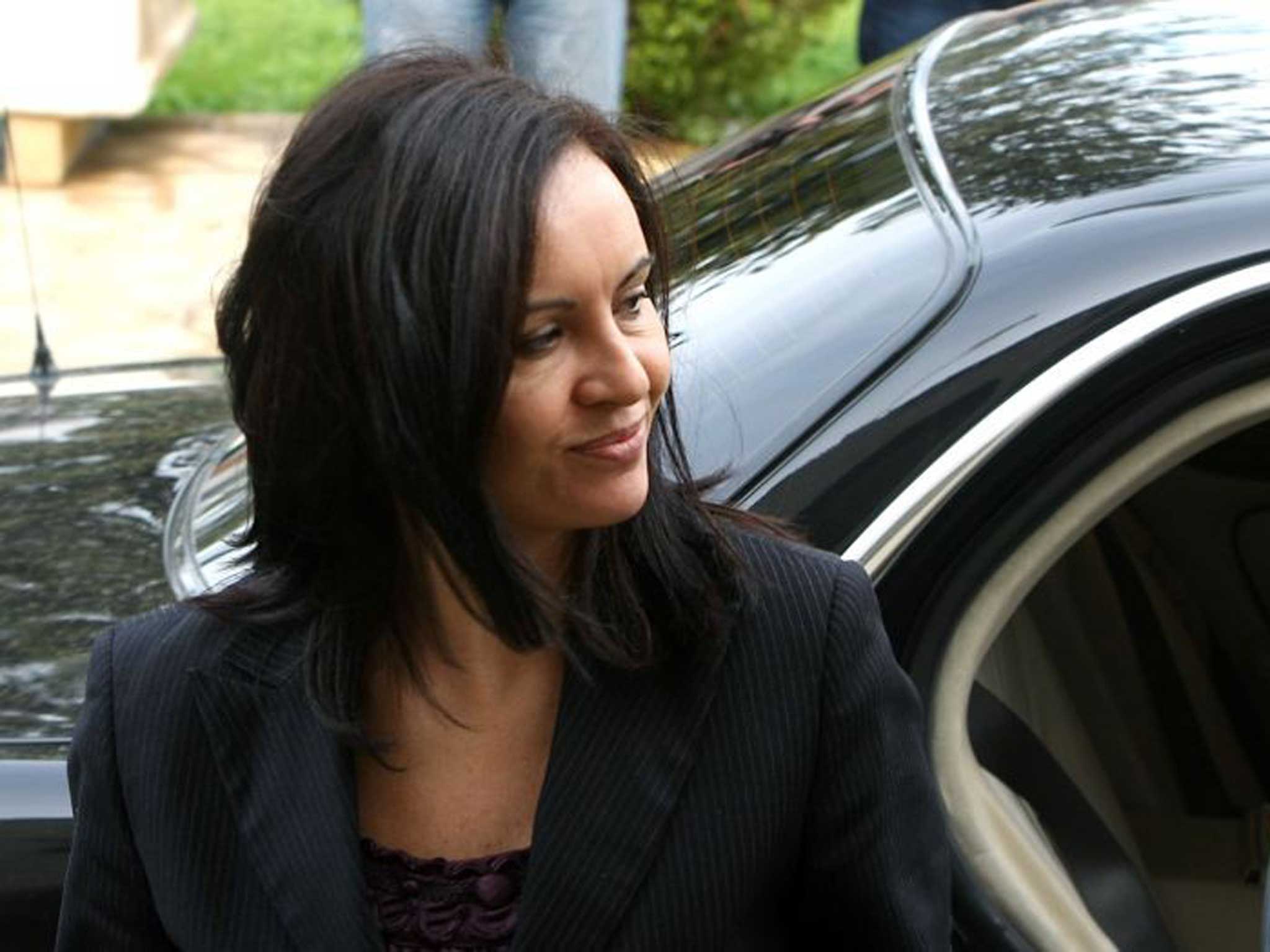Labour split on snooping by US intelligence
Shadow Energy Secretary says spying on allies is 'not acceptable' without security threat as aides to Ed Miliband refuse to condemn monitoring

Your support helps us to tell the story
From reproductive rights to climate change to Big Tech, The Independent is on the ground when the story is developing. Whether it's investigating the financials of Elon Musk's pro-Trump PAC or producing our latest documentary, 'The A Word', which shines a light on the American women fighting for reproductive rights, we know how important it is to parse out the facts from the messaging.
At such a critical moment in US history, we need reporters on the ground. Your donation allows us to keep sending journalists to speak to both sides of the story.
The Independent is trusted by Americans across the entire political spectrum. And unlike many other quality news outlets, we choose not to lock Americans out of our reporting and analysis with paywalls. We believe quality journalism should be available to everyone, paid for by those who can afford it.
Your support makes all the difference.The ongoing diplomatic row over America's eavesdropping on world leaders triggered a split in the Shadow Cabinet last night.
Caroline Flint, the Shadow Energy Secretary, said the German Chancellor, Angela Merkel, was right to be aggrieved over reports that her phone had been monitored by US intelligence. However, aides to Ed Miliband refused to condemn the monitoring, saying the Labour leader "deplored" the release of any material which damages the national interest.
David Cameron has also condemned the release, describing those who criticise British and American intelligence agencies as having "lah-di-dah, airy-fairy" views.
The Labour division emerged as it was reported that the US may have bugged Ms Merkel's phone for more than 10 years. Der Spiegel also reported that President Barack Obama told the Chancellor he would have stopped the surveillance, which started before his presidency, if he had known about it.
The newspaper said Ms Merkel's phone had been listed by the National Security Agency's Special Collection Service since 2002 and remained on the list weeks before Mr Obama visited Berlin in June.
Ms Flint, who was a Cabinet minister in the Gordon Brown government when it emerged that UK intelligence agencies snooped on G20 leaders in 2009, told BBC1's Question Time: "I don't think it's acceptable to use surveillance in a way which is spying on people who are our allies and who work with us through international organisations both on defence and on other matters as well. I don't think it's acceptable." Asked whether she could justify what happened under Labour, the shadow minister added: "I'm just saying unless there is threat to our security, I think you have to have a rationale for this. I don't think just fishing trips for spying in that way is the right thing to do.
"And our security services, let me say, do a fantastic job for us in all sorts of ways to keep us safe. But there have to be rules within that and on how they operate. And next week, for the first time, the heads of MI5, MI6 and GCHQ are going to give public evidence to the Intelligence Committee in the Commons. But there have to be rules around this and I think it's quite right that Angela Merkel is aggrieved at what she's found out."
However, a source close to Mr Miliband, who also sat in Mr Brown's 2009 cabinet, refused to condemn the US for monitoring Ms Merkel's phone, and said: "The release of any material which damages the national interest is to be deplored."
As well as Ms Merkel, the leaders of Russia, Mexico, Brazil and France are also reported to be among 35 premiers whose phones were placed under surveillance by the NSA.
Against a backdrop of diplomatic tension, Mr Cameron will this week host the World Islamic Economic Forum in London, the first time it has been held outside the Islamic world. The Prime Minister will use the summit to underscore his theme of Britain being in a "global race".
He said: "With some of the world's fastest-growing markets in Muslim-majority countries, this presents major opportunities for us. I am determined to make Britain the best place to start, grow and do business."
Join our commenting forum
Join thought-provoking conversations, follow other Independent readers and see their replies
Comments